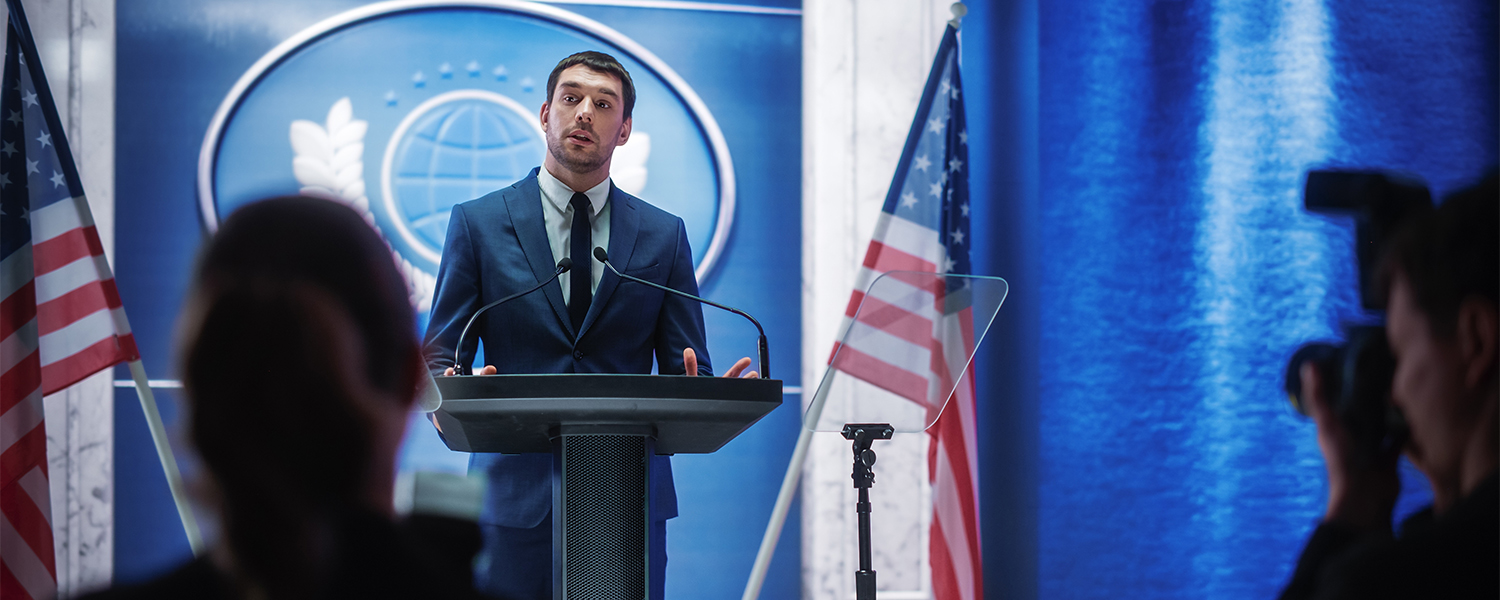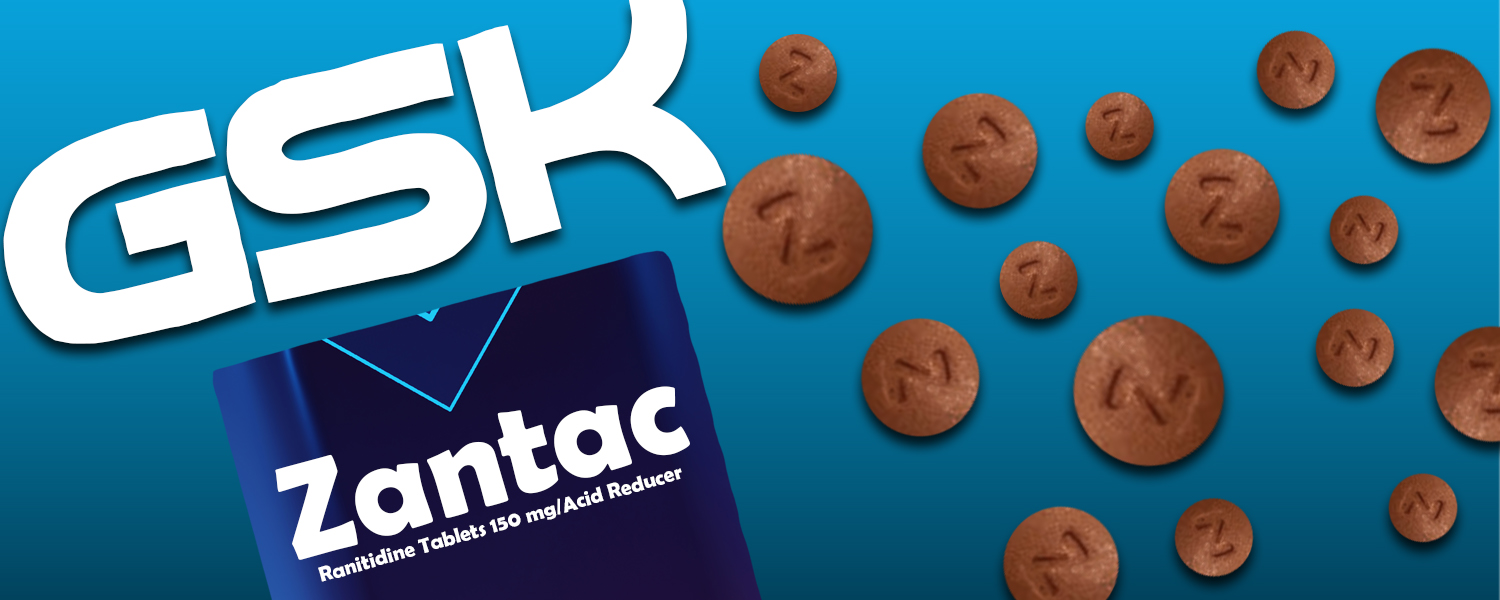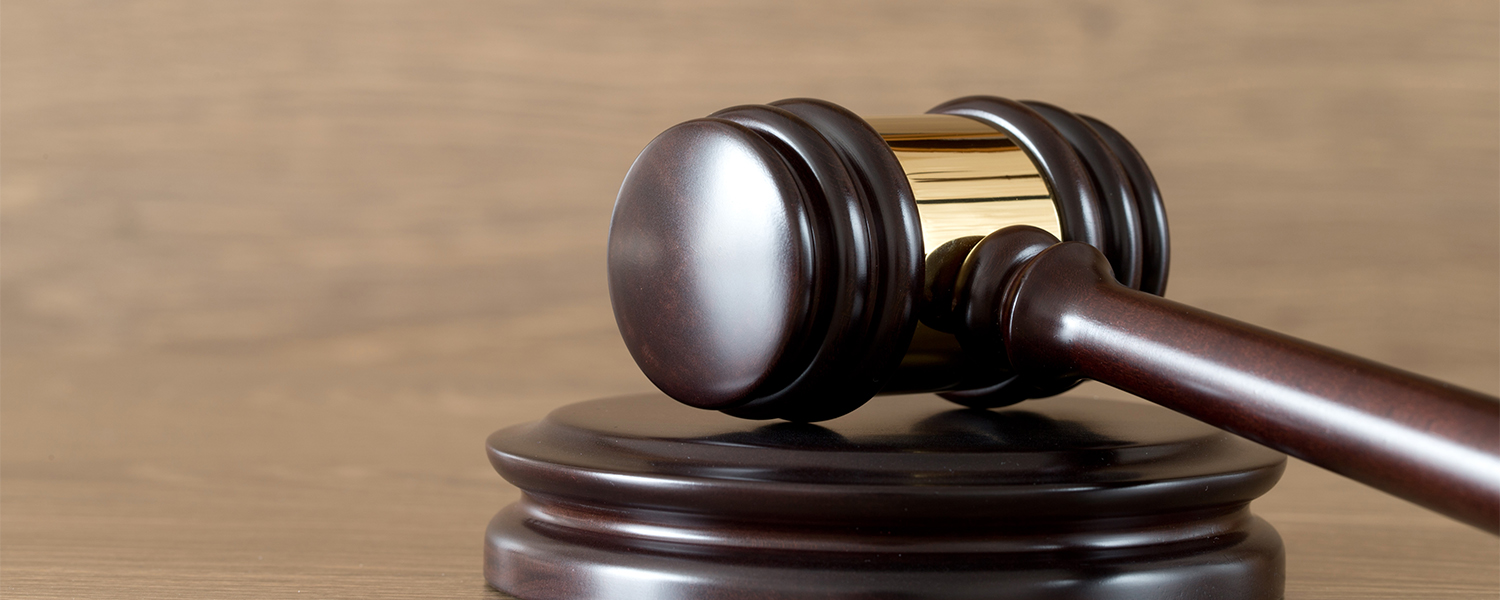Weekly Mass Torts Bulletin 2024-October-14
Millions Allocated to Combat Bronx Opioid Crisis

Bronx Borough President, alongside key local and state leaders, announced the allocation of $6 million to create a new facility aimed at combating the opioid crisis in the borough.
The announcement took place outside Lincoln Hospital’s auditorium at 234 East 149th St., signifying a crucial step in addressing the alarming rate of opioid-related overdose deaths in the South Bronx.
The new facility, named the Bronx Recovery Center, will be a collaborative initiative between local government and health officials. Once operational, it will triple the current treatment capacity for individuals with Opioid Use Disorder (OUD) in the area. This initiative fulfills a commitment made by the Borough President during her 2024 State of the Borough Address to tackle the opioid epidemic head-on.
“We are experiencing a crisis in the Bronx that demands urgent action and attention,” stated the Borough President. “This epidemic doesn’t just affect those battling addiction; it creates ripple effects that impact crime, homelessness, and the overall quality of life in our neighborhoods. We cannot stand by as our loved ones suffer; we must confront this epidemic with urgency and compassion.”
The funding was secured through a collaborative effort involving the Bronx Borough President, the Speaker of the New York State Assembly, Assembly Members, healthcare leaders, and the CEO of NYC Health + Hospitals, along with Cristina Contreras, CEO of Lincoln Hospital.
The Bronx Recovery Center will serve as a comprehensive hub for opioid addiction treatment, expanding the capabilities of NYC Health + Hospitals/Lincoln. It is expected to accommodate three times the number of patients currently treated at the Gotham Health Center, Belvis, which serves about 300 individuals each month.
The Bronx has been severely impacted by opioid overdoses, with 831 residents losing their lives to overdoses in 2022, the highest in New York City. The neighborhoods most affected include Mott Haven, Highbridge, Hunts Point, and Tremont, with fentanyl being the most frequently linked opioid in overdose cases.
The Bronx Recovery Center is part of a broader strategy to enhance care for residents with Opioid Use Disorder and reduce opioid-related deaths in the borough.
GSK to Settle 80,000 Zantac Lawsuits for up to $2.2b

GSK has agreed to pay up to $2.2 billion to settle the majority of pending U.S. state court lawsuits alleging that a discontinued version of the heartburn medication Zantac caused cancer.
This settlement, reached with ten plaintiffs' law firms, resolves approximately 80,000 cases, accounting for 93% of pending lawsuits nationwide, without admitting any wrongdoing.
The legal action began after the U.S. Food and Drug Administration (FDA) requested the removal of Zantac from the market in 2020 due to concerns that its active ingredient, ranitidine, could degrade into NDMA, a known carcinogen, over time or when exposed to heat.
Zantac, which received U.S. regulatory approval in 1983, became the world’s best-selling drug in 1988 and was one of the first medications to exceed $1 billion in annual sales. The current Zantac available on the market contains a different active ingredient and does not include ranitidine.
Earlier this month, GSK Plc's CEO focused on keeping most employees aligned with the company's core mission, rather than getting distracted by the ongoing Zantac litigation, which has adversely affected the company's stock for years.
She stated, “I work really hard to make sure that 99.9% of the company is not spending one minute thinking about Zantac.” A dedicated team is managing the legal aspects of consumer claims alleging that Zantac caused cancer, claims that GSK firmly denies.
The CEO refrained from commenting on whether GSK would seek a settlement for the numerous Zantac-related lawsuits, akin to Johnson & Johnson's handling of talc litigation. She emphasized that GSK's strategy relies on scientific evidence, a strong defense of its position, and prioritizing shareholder interests, while acknowledging that the Zantac litigation poses a significant concern for the company.
Plaintiffs argue that the active ingredient in Zantac, ranitidine, can convert into the carcinogen NDMA under specific conditions, prompting the U.S. Food and Drug Administration (FDA) to request the removal of all ranitidine-based drugs from the market in 2020. GSK has been settling individual cases quietly, with its stock declining about 10% since August 2022 due to heightened litigation concerns.
Investors are anxious about potential settlement costs, projected between $3 billion and $4 billion, with GSK expected to bear roughly half of that amount. Other companies, like Sanofi and Pfizer, have already reached settlements in related lawsuits.
GSK CEO Strives to Resolve Zantac Litigation Drag on Shares

GSK Plc’s CEO has made it a priority to ensure that the majority of the company’s employees remain focused on the company's core mission, rather than the ongoing Zantac litigation, which has impacted its stock for years.
"I work really hard to make sure that 99.9% of the company is not spending one minute thinking about Zantac," she said. A small group within GSK is handling the legal matters related to consumer claims that Zantac caused cancer, claims the company strongly denies.
The CEO did not comment on whether GSK would pursue a settlement for the tens of thousands of Zantac-related lawsuits, similar to Johnson & Johnson’s approach with talc litigation. She stressed that the company’s strategy is to rely on science, defend its position, and prioritize shareholder interests. She acknowledged that the Zantac litigation remains a significant concern for GSK.
Plaintiffs allege that Zantac's active ingredient, ranitidine, could transform into the carcinogen NDMA under certain conditions. In response, the U.S. Food and Drug Administration (FDA) requested the removal of all ranitidine-based drugs from the U.S. market in 2020.
GSK has been quietly settling individual cases, with the stock losing about 10% since August 2022, when concerns about the litigation escalated. Investors remain wary of the potential settlement costs, estimated between $3 billion and $4 billion, with GSK responsible for around half of that amount. Other companies involved in producing Zantac, such as Sanofi, agreed in April to pay more than $100 million to settle roughly 4,000 related lawsuits, while Pfizer has settled over 10,000 similar cases.

